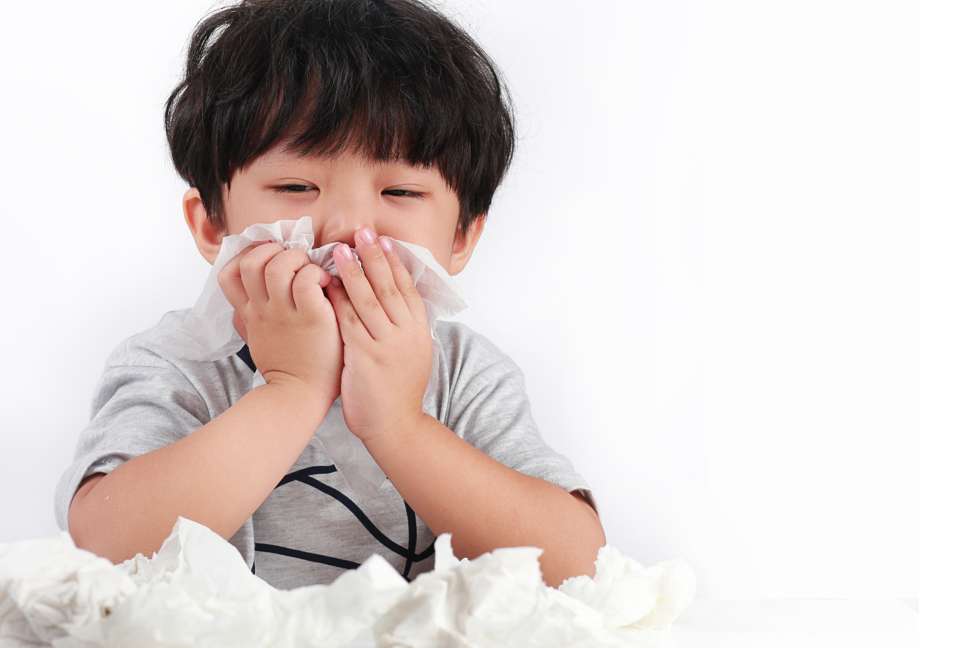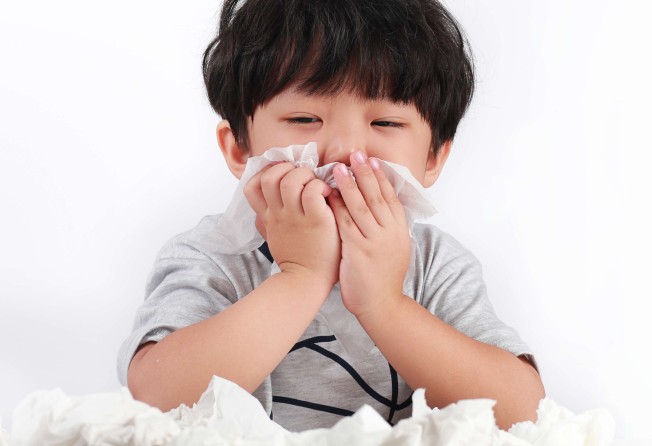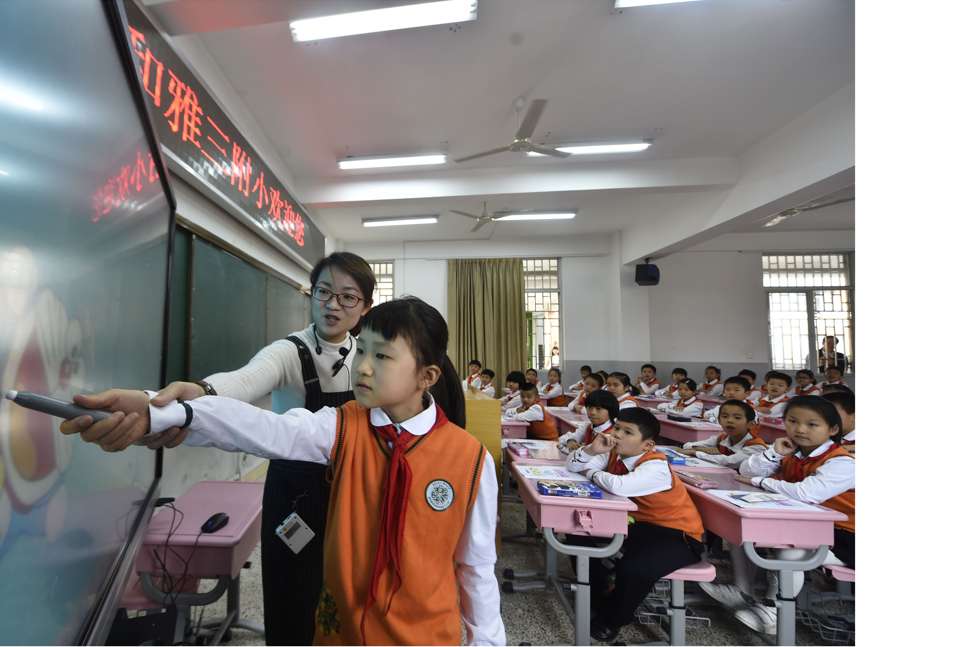
When to keep sick children away from school: what Hong Kong parents and doctors say
Parents often have to make a judgment call about whether a kid is sick enough to be kept at home. A paediatrician explains the factors to weigh up, including whether they’ll infect classmates and teachers

Some parents aren’t sure when to keep sick children away from school and when it’s OK to send them back.
While many schools in Hong Kong make it easy for parents to decide, with clear-cut rules on illness, a US-wide poll by the University of Michigan C.S. Mott Children’s Hospital found parents differ on how sick is too sick for class, or the importance of sick day consequences such as missing work or children missing tests.
The findings were based on responses from 1,442 parents who had at least one child between the ages of six and 18.

Symptoms also make a difference. According to the poll, 80 per cent of parents would keep home a child with diarrhoea, just 58 per cent a child with vomiting, and 49 per cent a child with a slight fever but still acting normally. Most parents say they are likely to send a child with red, watery eyes but no fever (16 per cent) to school, or one with a runny nose, dry cough and no fever (12 per cent).
“Parents often have to make a judgment call about whether their child’s sickness warrants staying home,” says the study’s lead author and Mott poll co-director Gary Freed. “We found that the major considerations were whether attending school could negatively impact a child’s health or the health of classmates.”
I think that the government should legislate for statutory sick leave for parents to take care of sick children
Sending a sick child to school compromises health and recovery, and affects others.
“As a mum and teacher whose premature 11-month-old just spent a week in hospital for the second time in her first year of life with pneumonia, I’d say please keep your sick kids at home. I picked up a horrendous cold from a student who was visibly sick, which I then passed on to my baby,” says Zoe Blaauw.
Sally Connell faces a similar situation. Her daughter is on lifelong medication for a previous liver transplant operation that hit her immune system. “As such, I live in fear of kids in her class being carelessly sent to school when they are unwell. A simple virus to them can mean she is knocked out for long periods of time, and/or needing hospitalisation.”

Kith Tsui, a father of two children aged three and five who attend a kindergarten in Sha Tin, says he keeps them home if they have fever, diarrhoea or vomiting. “It wouldn’t be right to pass on the germs to the other kids in school. But if my children had a low-grade fever of 37.5 degrees Celsius or a runny nose, I’d send them to school with proper instructions to practise hand hygiene and wear a mask. Anyway, their school doesn’t allow kids to attend classes if they’re running a fever.”
Dr Simon Wong, a specialist in paediatrics, says a child’s age, symptoms, general health or immunity levels can determine whether school’s a good idea. Parents of children in kindergarten are more likely to keep them at home than those with children at primary school.
“I guess this could be related to a combination of severity of disease versus age, level of self care, likelihood of spreading or catching the virus at school, missing out important school events and risk of falling behind at school etc,” says Dr Wong.
Most parents wouldn’t send their children to school if they have fever –the “gatekeepers” at school would send them straight back even when a borderline temperature is detected.
“I guess you will need to consider overcrowding as a risk factor for the spread of infectious disease. Our school premises are much smaller and the class sizes are much larger compared to the counterparts in the West and children are at a higher risk of contracting viruses from their classmates. May be this is one of the reasons why we tend to have a more cautious approach to infectious diseases here.”
I picked up a horrendous cold from a student who was visibly sick, which I then passed on to my baby
If your child has a runny nose but is in good spirits, playing and eating, it’s OK to send them to school with extra tissues. But if symptoms include loss of appetite, lethargy, mood change or breathing difficulty, no school and see a doctor.
A slight temperature might be OK but if the fever persists for more than three days or includes other symptoms such as listlessness or vomiting, keep them at home and visit the doctor.
Diarrhoea and vomiting could be symptoms of a virus, food poisoning or another cause. No school and see a doctor.
Stay-at-home mum Antonia Cable says she always keeps her sick children away from school, but knows many working parents can’t. “I think that the government should legislate for statutory sick leave for parents to take care of sick children,” she says.